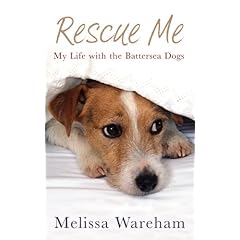Neville's a perfect example of why a rule that we should try to treat sick stray cats for at least seven days before giving up is worth having even if most of them aren't claimed by their owners. He was taken to the vets in Soham late Tuesday last week, at which point he was very thin, vomited any food he was offered, and was dehydrated. They examined him and thought he was probably a very old, hyperthyroid cat whose kidneys were failing. Over the Wednesday he got worse and stopped showing any interest in food. They tested him for kidney failure and for hyperthyroidism and FIV/FeLV, none of which came back positive, but it really didn't look as if he was going to "do".
We didn't have a volunteer driver available to transfer him to the RSPCA clinic on Thursday, so I asked them to put him on a drip to try to keep him going until Saturday - the next available clinic session.
Over the Thursday he perked up, started eating and keeping it down, and by Saturday (after poor Nicola had queued for nearly 3 hours with him), the University vet's opinion was that he'd almost certainly been trapped somewhere without food or water (which would cause the dehydration and vomiting because his gut couldn't cope with suddenly being fed again). The irritating thing about this was that he probably didn't need to be seen at the clinic at all & it would have been a lot simpler for Nicola to take him straight to the kennels - but there you are.
I've now got him at home, eating six meals a day until he's back to normal weight.
He's probably only three or four years old, and the moral of this story is that, if we'd been very pressed for funds, it wouldn't have been unreasonable for us to put down a very elderly, very sick stray, and even if we'd asked to wait the seven days, the vet might have decided to save our money by not recommending a drip.
When they're treating owned animals, vets are working with some knowledge of an animal's previous history; at least a vague idea of actual age and anything unusual that led up to the illness. The strays we take in have to be treated "blind" with nothing but the visible signs.
If you live in Soham and lost a black cat with a white star on his chest several weeks ago, Neville may be your cat.














